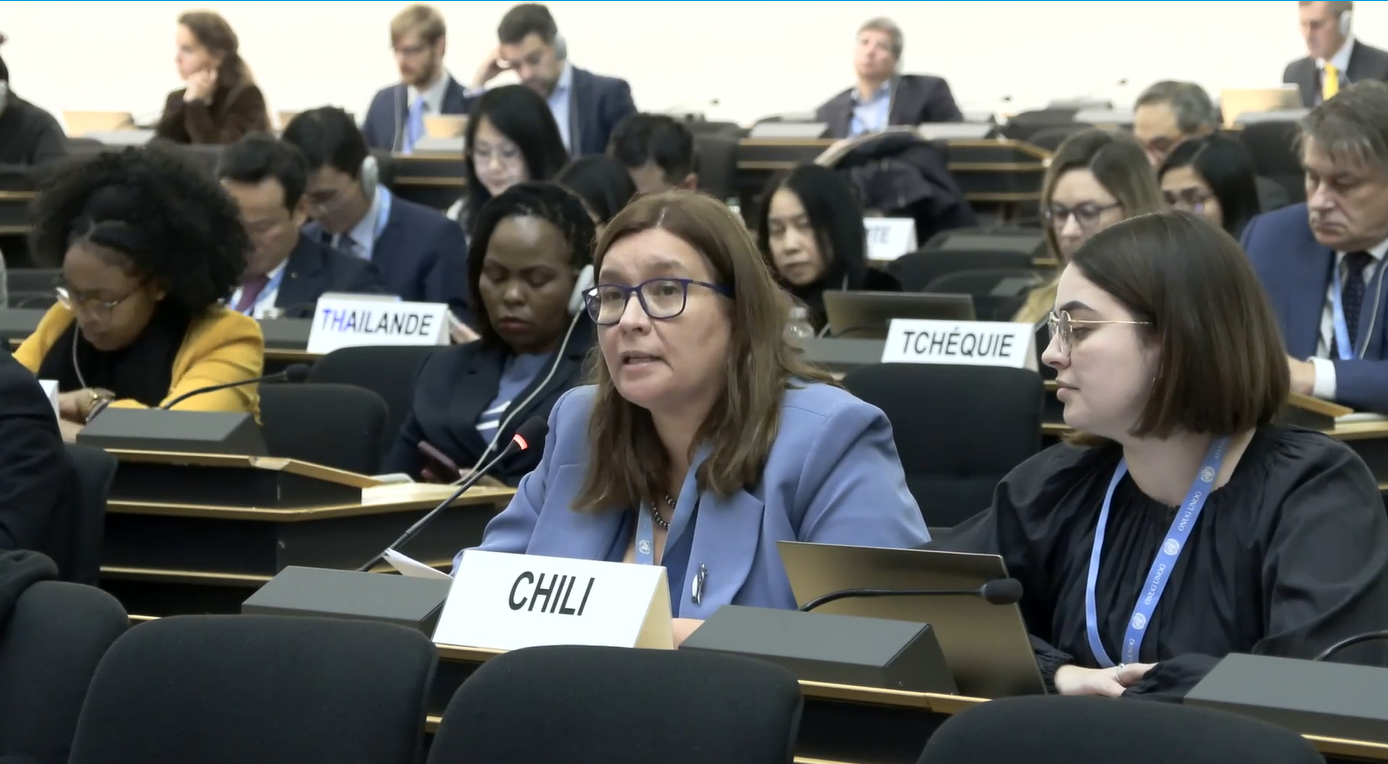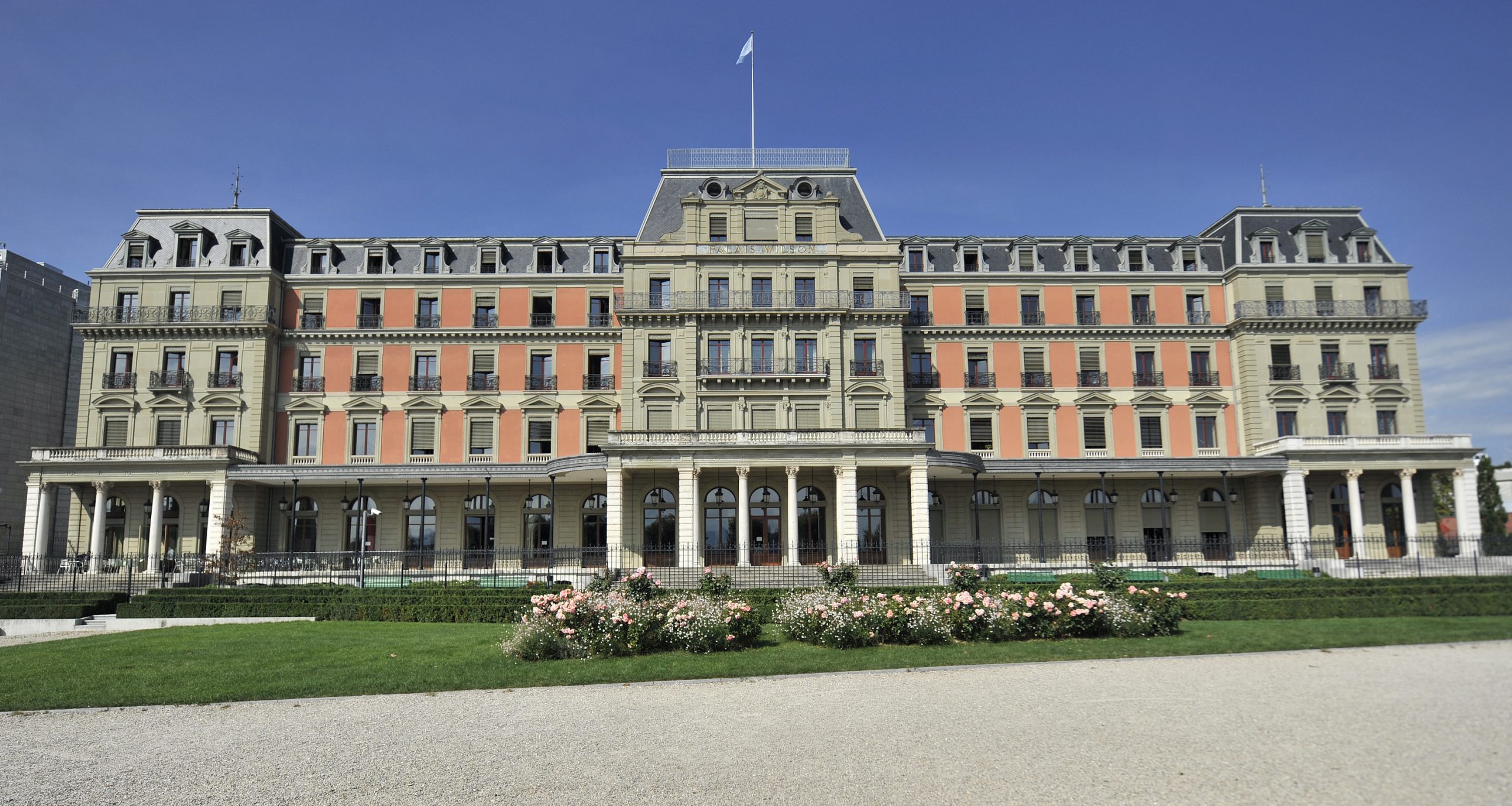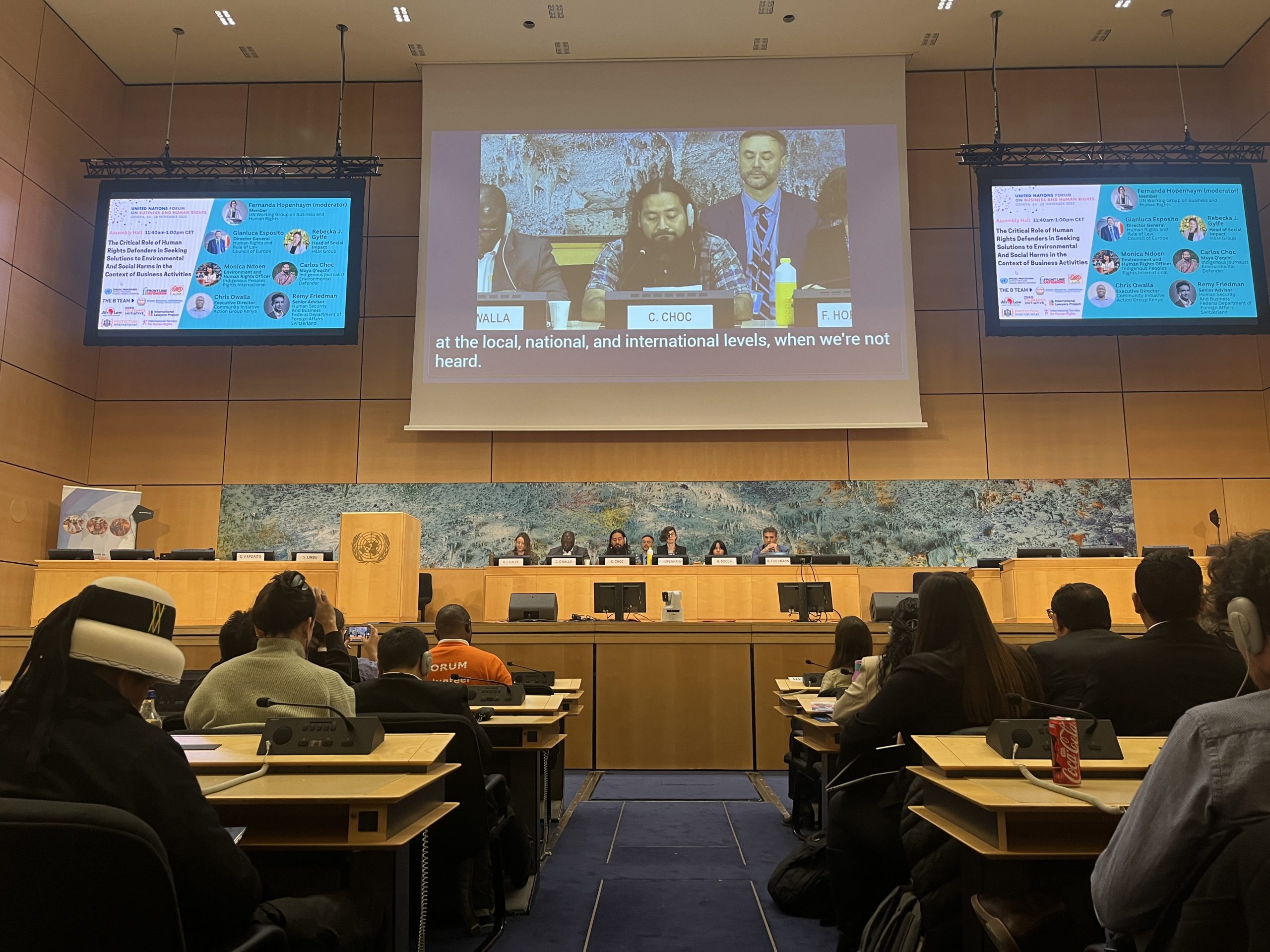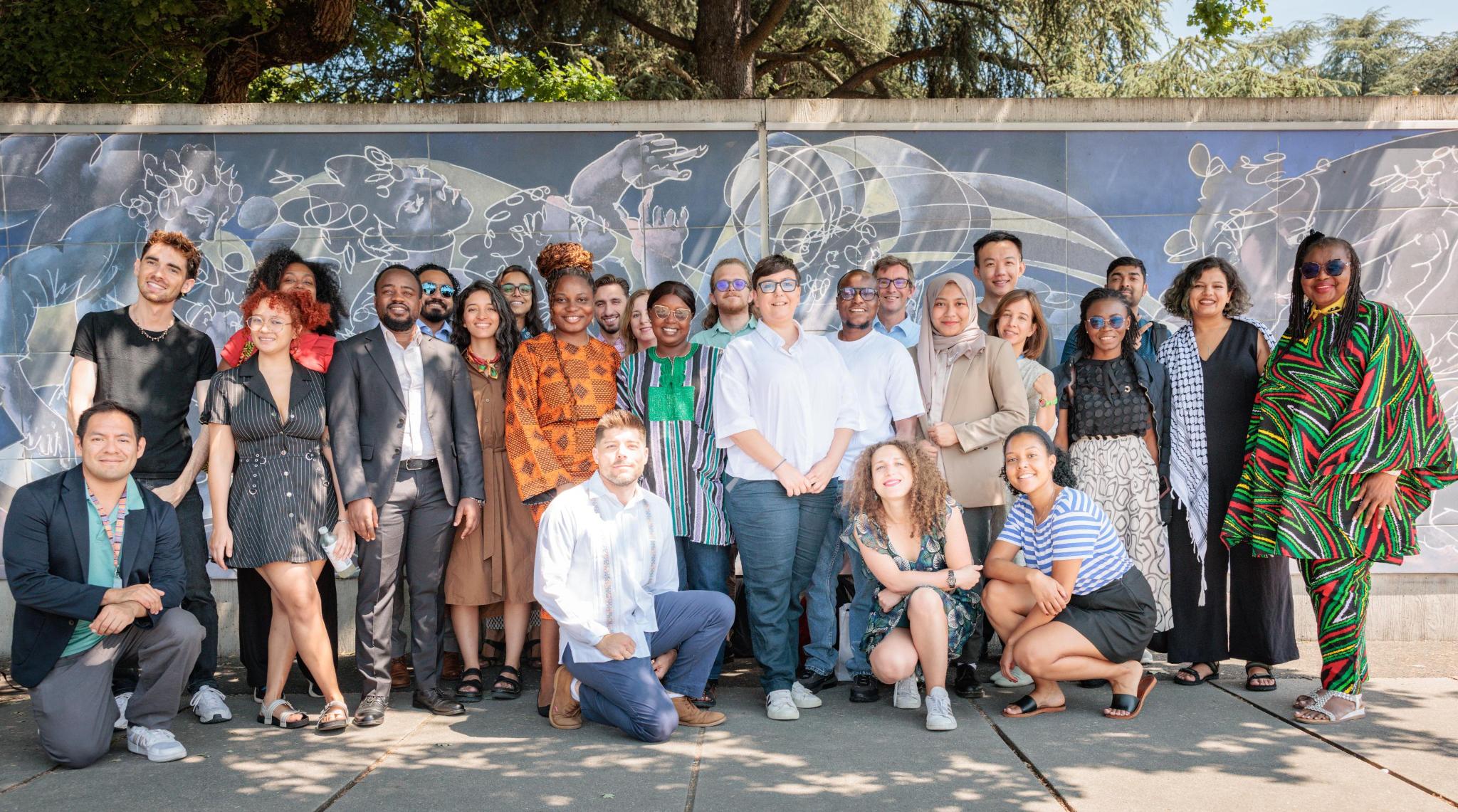The work of UN human rights experts is essential to promoting a rules-based international order, fair and just societies, and protecting the dignity and rights of marginalised and disadvantaged individuals and groups. States with a genuine commitment to human rights should pay their dues and ensure that the UN human rights system is adequately resourced to do its vital work.
“We are deeply concerned by member States’ delay in paying their assessed contributions, which could impede the ability of the UN human rights experts to carry out their mandates effectively and deny rights holders access to justice,” said Vincent Ploton, Director of development and treaty body advocacy at ISHR.
The combination of delays in payments of UN member States’ assessed contributions to the regular budget and the 25% cut to travel of UN representatives, including treaty body experts and Special Procedure mandate holders, and other budget cuts (2018-2019) are having an adverse impact on the capacity of various human rights mechanisms to carry out their mandates effectively. In April, the Chairpersons of the 10 human rights treaty bodies were informed that due to the financial situation, the autumn 2019 sessions of six treaty bodies may need to be cancelled. Special Procedures, and other mechanisms created by the Human Rights Council such as Fact-Finding Missions and Commissions of Inquiry may also be affected.
“These experts serve the UN pro bono, but rely on the travel budget to attend the treaty body sessions and in the case of Special Procedures to conduct on-the-ground monitoring. Hence travel budgets are essential to the exercise of their mandates. A 25 per cent cut on travel therefore disproportionately impacts the work of the UN human rights expert mechanisms, and among them the treaty bodies,” said Anna-Karin Holmlund, Senior Advocate at Amnesty International.
“The fact that countries with an interest in a weak international human rights architecture can get away by making funding cuts to these mechanisms is unacceptable,” said ISHR’s Vincent Ploton.
In a letter published today, the organisations call on UN member States to pay their assessed contributions without further delay and to prioritise securing adequate funding for the UN’s human rights mechanisms at the General Assembly later this year.
“UN member States can easily remedy this situation through a speedy show of political will and their commitment to human rights”, added Anna-Karin Holmlund.
For inquiries, please contact:
Vincent Ploton, International Service for Human Rights, [email protected], +41782001937
Anna-Karin Holmlund, Amnesty International, annakarin.[email protected], +17628875685
Background:
The treaty bodies are the ten bodies established by the United Nations to monitor and support the implementation of the nine international core human rights treaties in the countries that have ratified them. They review States parties in Geneva and formulate recommendations which States must follow to conform to the binding treaties.
The Special Procedures are independent experts, or groups of independent experts, whose mandates are established by the Human Rights Council. They are divided into 44 thematic mechanisms and 12 country mechanisms.
Photo: Ken Teegardin




